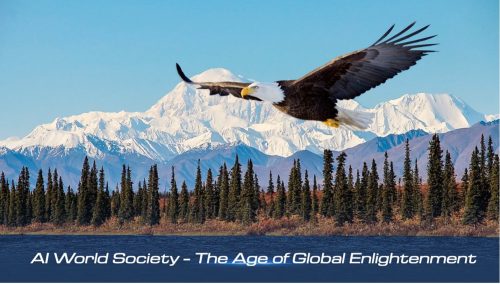Artificial Intelligence is transforming the world at a rapid and accelerating pace, offering huge potential, but also posing social and economic challenges. Human beings are naturally fearful of machines – this is a constant. Technological advancements tend to outpace cultural shifts. It has taken the shock of a global pandemic to accelerate the uptake of many technologies that have been around for at least a decade.
Unsurprisingly, much of the public discussion on AI has focused on recent controversies around facial recognition, automated decision-making and exam algorithms. Job losses due to automation have further underscored the need for AI systems to become better regulated and more ethical.
Governments too are realizing the value of AI in feeding their citizens and improving their agricultural productivity. To help realize these opportunities, The World Economic Forum recently launched a partnership with the Government of India and the State of Telangana to identify high-value use cases for AI in agriculture, develop innovative AI solutions, and drive their widespread adoption.
Improving the food system is critically important to achieving several SDGs, but it is just one of many ways that AI is helping to usher in the more equitable, sustainable world that the SDGs envision.
No one technology is going to solve all of the world’s problems, and achieving the SDGs will require ambitious government policies, corporate commitments and individual actions in addition to new technologies. We will need to use every tool at our disposal, and with AI becoming more powerful every day we should encourage more innovators and entrepreneurs to focus on new ways to use this technology to address our biggest societal challenges.
The original article can be found here.
To support for AI technology and development for social impact, Michael Dukakis Institute for Leadership and Innovation (MDI) and Boston Global Forum (BGF) has established Artificial Intelligence World Society Innovation Network (AIWS.net). In this effort, MDI and BGF invite participation and collaboration with governments, think tanks, universities, non-profits, firms, and other entities that share its commitment to the constructive and development of full-scale AI for world society. This initiative is to develop positive AI for helping people achieve well-being and happiness, relieve them of resource constraints and arbitrary/inflexible rules and processes, and solve important issues, such as SDGs.










